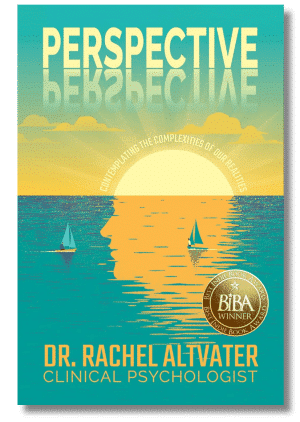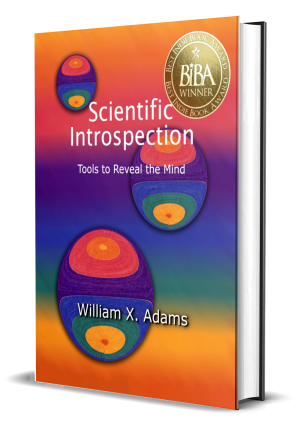Description
By using principles from a variety of scientific disciplines, Yale Professor Samuel Wilkinson provides a framework for human evolution that reveals an overarching purpose to our existence.
Generations have been taught that evolution implies there is no overarching purpose to our existence, that life has no fundamental meaning. We are merely the accumulation of tens of thousands of intricate molecular accidents. Some scientists take this logic one step further, suggesting that evolution is intrinsically atheistic and goes against the concept of God.
But is this true?
By integrating emerging principles from a variety of scientific disciplines—ranging from evolutionary biology to psychology—Yale Professor Samuel Wilkinson provides a framework of evolution that implies not only that there is an overarching purpose to our existence, but what this purpose is.
With respect to our evolution, nature seems to have endowed us with competing dispositions, what Wilkinson calls the dual potential of human nature. We are pulled in different directions: selfishness and altruism, aggression and cooperation, lust and love. When we couple this with the observation that we possess a measure of free will, all this strongly implies there is a universal purpose to our existence.
This purpose, at least one of them, is to choose between the good and evil impulses that nature has created within us. Our life is a test. This is a truth, as old as history it seems, that has been espoused by so many of the world’s religions. From a certain framework, these aspects of human nature—including how evolution shaped us—are evidence for the existence of a God, not against it.
Closely related to this is meaning. What is the meaning of life? Based on the scientific data, it would seem that one such meaning is to develop deep and abiding relationships. At least that is what most people report are the most meaningful aspects of their lives. This is a function of our evolution. It is how we were created.







